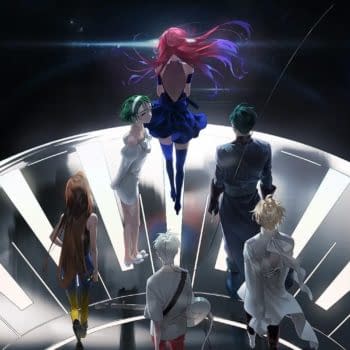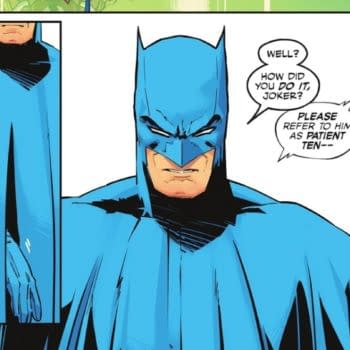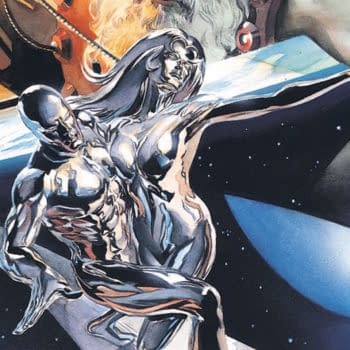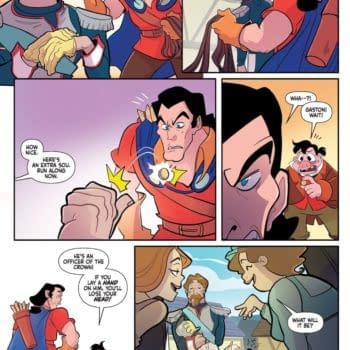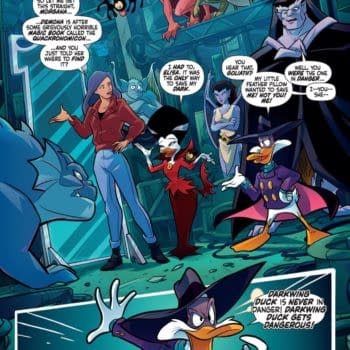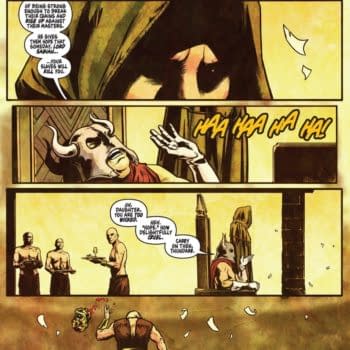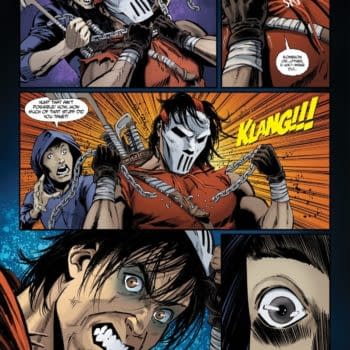Posted in: Comics, Manga, Review | Tagged: "Puella Magi Madoka Magica", anime, gen urobuchi, hanokage, magica quartet, manga, netflix, streaming, Yen Press
Puella Magi Madoka Magica Omnibus Brings Dark Magical Girls to Manga
Puella Magi Madoka Magica is the Magical Girl story that deconstructed the genre and turned it on its head. Now Yen Press has released an Puella Magi Madoka Magica: The Complete Omnibus edition that collects the entire manga adaptation into one book.
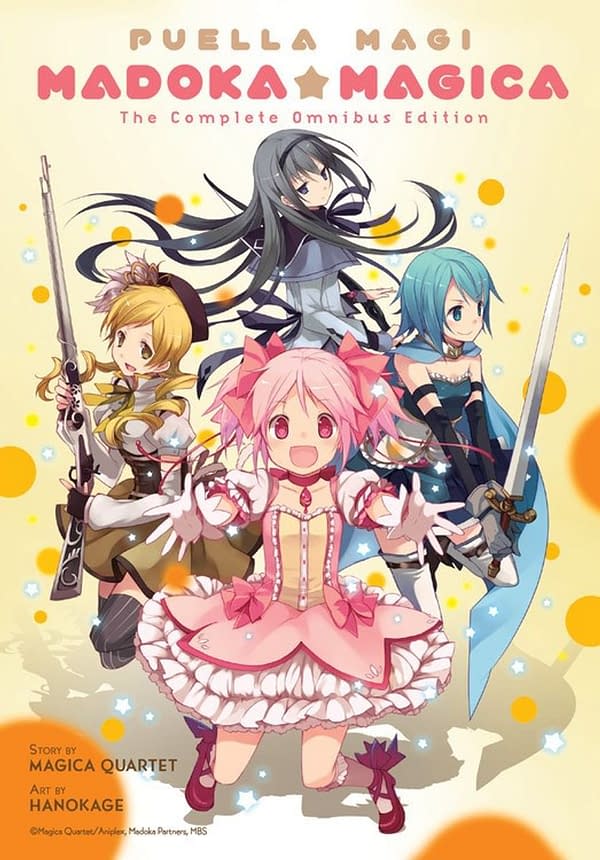
The Magical Girl story became popular in the 1980s with the premiere of the Sailor Moon anime series adapted from the manga by Naoko Takeuchi. You can say it's a superhero genre for girls. The heroines are teenage girls who get a superhero identity through a pretty dress and weapon that gives them superpowers to fight the forces of evil. Since then, Magical Girl stories have been part of the manga and anime landscape. There's a steady audience for the stories that's intergenerational – there's always a new generation of girls who discover the genre after their older sisters or mothers grow up.
The Magical Girl Series that Blew Up the Genre
Puella Magi Madoka Magica, which ran as an original anime series in 2011, is the series that did for Magical Girls what Watchmen did for American superheroes. It took some of the darker, often ignored subtexts of the genre and pushed them to the surface. Instead of an empowering, bright, cheerful story about teenage girls discovering superpowers and the power of friendship, the story exposes the life of a magical girl as full of danger, death, violence, despair and corruption. The series centers on Madoka Kaname and her best friend Sayaka Miki, who are offered the chance to become magical girls by a cute, cat-like alien named Kyubey. They discover that Kyubey's intentions for creating magical girls are much darker and dangerous than it let on. It's more than just a cute funny animal sidekick. The life of a magical girl is actually horrific. They witness the violent death of another magical girl and have to decide whether or not to make the contract to taken on the mantle. Magical girl Akemi Homura is trying to prevent them from making the cosmically tragic mistake of saying yes. The story is dark, tragic, downbeat but with a hint of hope at the end. The manga adaptation tries to inject a slightly more hopeful epilogue but it doesn't lessen the impact of the story. The cute manga art by Hanokage sugarcoats the darkness, all the better to deliver the bitter pill.
Madoka Magica has had the same influence on the genre that Watchmen has on superheroes in the West. There have since been countless manga and anime series that depict dark, grim magical girls with more violent, bloodier stories. These series might have more of a male audience than a female one, though. And many of them have that vibe of being grimdark for its own sake rather than having anything to say. Writer Gen Urobuchi of the Magica Quartet, the collective of producer, writer, designer and director that created Madoka Magica, wanted to actively deconstruct and expose the ignored darker themes of the genre when he came on the project. Urobuchi is a prolific screenwriter and games story writer whose reputation is founded on deconstructing genre tropes to remake the stories. He's probably the closest Japan has to an Alan Moore.
You can actually read Puella Magi Madoka Magica as your first Magical Girl series. If you hadn't been exposed to its predecessors, you might end up thinking the genre was always this dark. Granted, Sailor Moon had its moments of darkness, but that was always glossed over in favour of the brightness. Madoka Magica doesn't. It wears its darkness on its sleeve – that was its mission statement.





